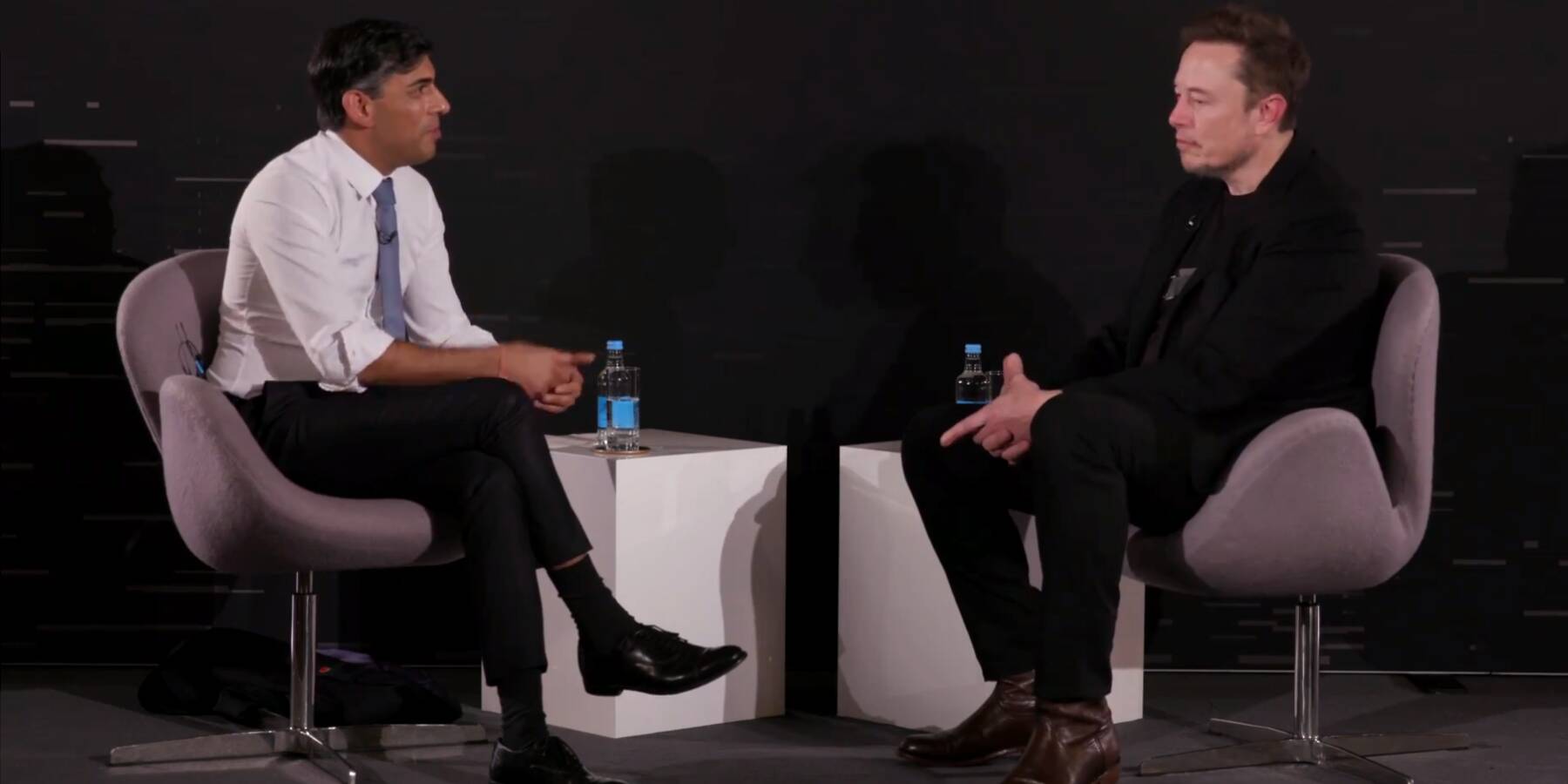
The UK government has announced a tech industry agreement it claims will form a plan for AI safety testing.
With various types of AI being routinely built into consumer and business-facing software, developers agreed that governments have a role in overseeing external safety testing of AI models. The move is designed to keep track of frontier AI models sitting solely within corporations.
Australia, Canada, the EU, France, Germany, Italy, Japan, and South Korea have all signed up to the agreement, although China – which is making huge investments in AI – was not a signatory, although it did attend this week’s UK AI Safety Summit during which the agreement was made.
The governments also declared a “shared ambition” to invest in public sector capacity for testing and other safety research, and to share the results with other nations. The idea is to lay the groundwork for future international progress on AI safety in years to come, the UK government said.
The AI testing agreement, which carries no legal weight, followed the Bletchley Declaration, named after the home of the UK’s pioneering Second World War code-breaking mission. Twenty-eight countries and the EU signed up to the mission statement, aimed at setting the agenda for addressing AI risk. Included was a desire to identify AI safety issues of concern and build a “shared scientific and evidence-based understanding of these risks.”
Bringing to a close the UK’s AI Safety Summit yesterday was the unedifying spectacle of Prime Minister Rishi Sunak interviewing tycoon Elon Musk, the world’s richest man.
Beginning with nauseating sycophancy, Sunak read Musk a Bill Gates quote, saying there was no one in our time who had done more to push the boundaries of science and innovation than the Tesla CEO. It’s perhaps a shame Musk doesn’t seem to share the same respect for Gates. Perhaps not.
The discussion then dragged through future AIs needing an off switch, and so on, but overall, Musk said AI would be a good thing, providing friendship and “a future of abundance, where there is no scarcity of goods and services.”
Sky News TV journalist Sam Coates declared “it was all just mad,” involving 40 minutes of “softball questions” in which Musk agreed to take questions from business leaders, but not journalists.
Coates said Sunak didn’t see Musk as a political force prone to voicing views on Ukraine war and Gaza/Israel, with interests in the politically powerful Starlink satellite system, and failed to challenge him. Instead, Sunak focused on “selling Britain to this guy who is already the richest man in the world” in the hope Musk’s celebrity sheen might rub off on him. ®
- SEO Powered Content & PR Distribution. Get Amplified Today.
- PlatoData.Network Vertical Generative Ai. Empower Yourself. Access Here.
- PlatoAiStream. Web3 Intelligence. Knowledge Amplified. Access Here.
- PlatoESG. Carbon, CleanTech, Energy, Environment, Solar, Waste Management. Access Here.
- PlatoHealth. Biotech and Clinical Trials Intelligence. Access Here.
- Source: https://go.theregister.com/feed/www.theregister.com/2023/11/03/ai_summit_safety_pacts/



